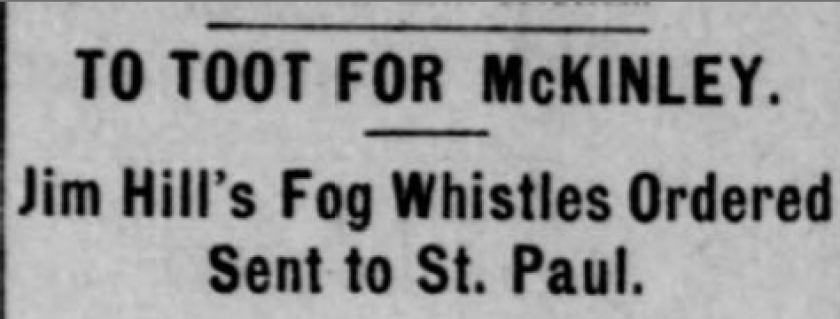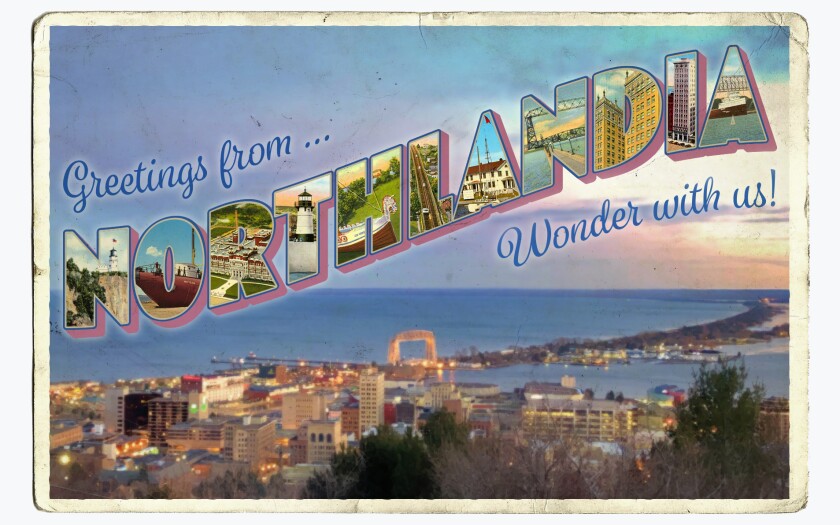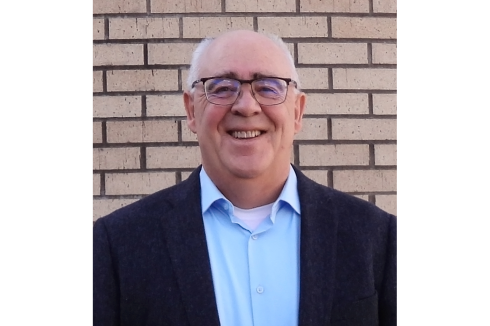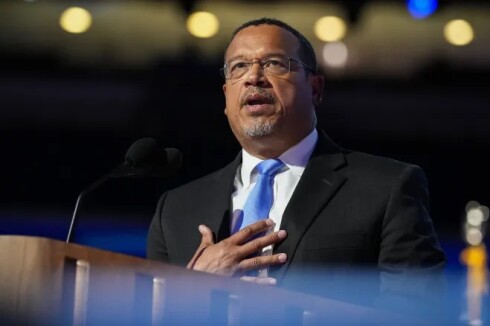ST. PAUL — When a news organization declares the winner of a state’s electoral votes on election night, you may be notified who wins via your phone or TV media.
And if you need to escape the election night stress? It's easy enough to tune that out by turning off the TV or silencing your phone.
ADVERTISEMENT
But election results proclaimed by a Great Lakes steamship’s whistle with a range of 15 miles? Good luck trying to ignore or sleep through that.
That’s how the St. Paul Dispatch announced live election returns Nov. 3, 1896, for the U.S. presidential race between Democrat William Jennings Bryan and eventual winner Republican William McKinley.

The whistle of passenger vessel North West, in winter layup in Duluth, was taken down to St. Paul so it could temporarily be installed on the Dispatch’s building. Since the Dispatch’s building couldn’t supply enough steam, the whistle was placed on top of the Twin City Rapid Transit Co.’s steam-powered electric plant on Hill Street, historian Thomas Buckley wrote in the fall 1992 edition of “Ramsey County History.”
The Dispatch, which favored McKinley, would signal the results by sounding a “succession of sharp, short toots if returns favor McKinley” and “a long, dismal wail if returns favor Bryan,” according to an advertisement in the Dispatch.
When victory was certain, the whistle would play a prolonged version of the winning candidate’s signal, the advertisement said.
So how did a whistle “nearly as large as a man,” as the Duluth Evening Herald described it in an Oct. 29, 1896, story, wind up singing the election results in St. Paul?
St. Paul editors may have been inspired while sailing on the North Land, the North West’s sister ship, a few weeks earlier.
ADVERTISEMENT
The North West and North Land were passenger vessels owned by railroad magnate James J. Hill’s Northern Steam Ship Co. and, according to advertisements in the Duluth Herald and News Tribune, made routine trips through the Great Lakes, even linking Rochester, New York, to Duluth.
According to a story in the Duluth News Tribune on Sept. 13, 1896, about 200 passengers — 140 newspaper editors and their guests — sailed on the North Land from Duluth to Mackinac Island and back that month.
Hill, a staunch supporter of McKinley, joined them until Mackinac Island, the Duluth Evening Herald reported.
The editors heard the steamship’s whistle when passing through dense fog at St. Marys River and the Soo Locks, wrote Buckley, the historian.
That must have planted the idea for St. Paul’s loud election night.
Back in Duluth, where there would be no shortage of ship whistle options, that method of sharing election results never caught on.
The Duluth News Tribune in 1896 instead projected the results from its office in the Lonsdale Building to a 24-by-24-foot canvas screen suspended on the avenue side of the American Exchange Bank Building at 230 W. Superior St., where the Wells Fargo Building now stands.
ADVERTISEMENT
The paper continued to project election results, usually on its building on the 400 block of West First Street, for several decades.












